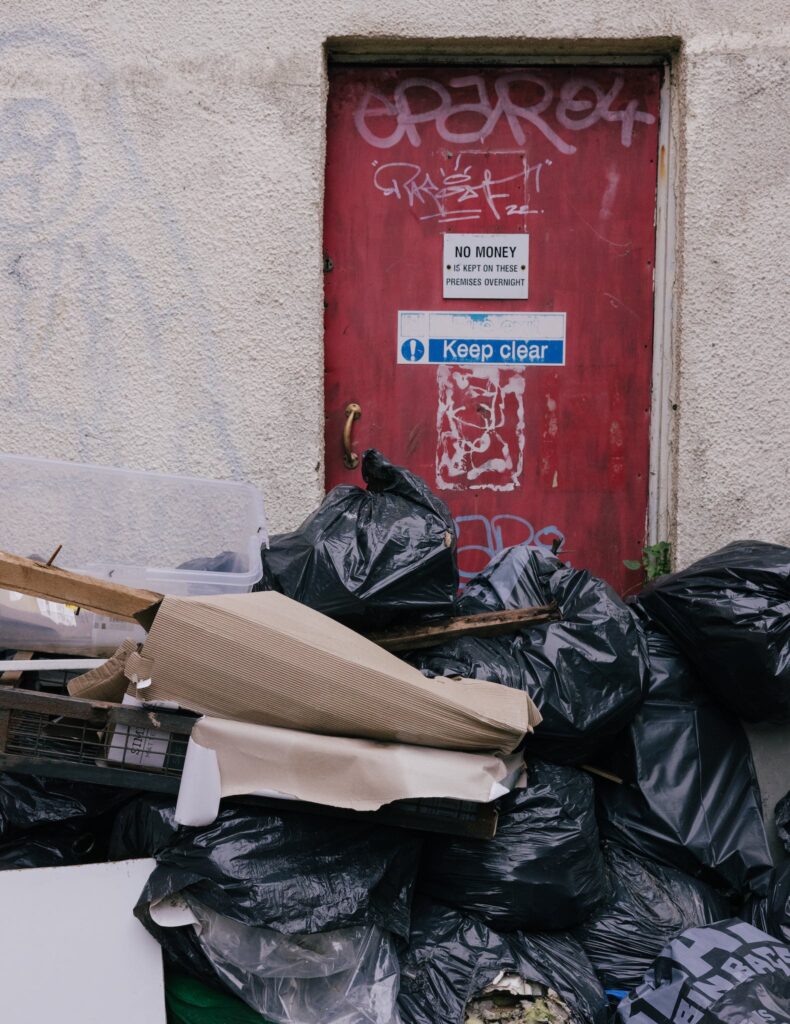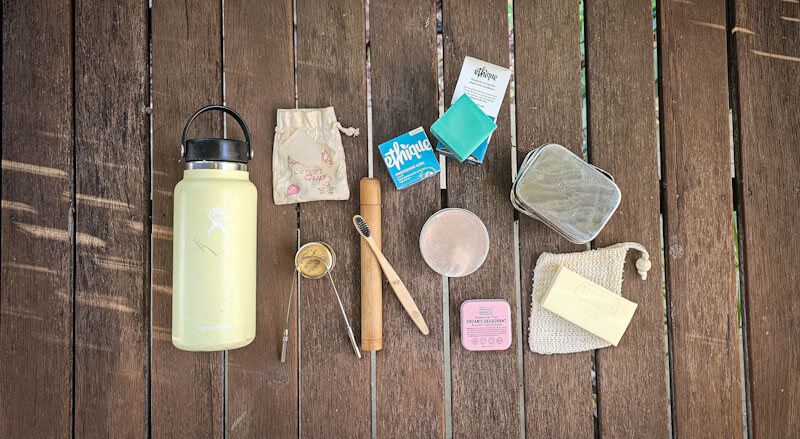It might sound like the most significant trend – and maybe it is – but finally, sustainability in the hospitality industry has started to be a big thing in recent years. People inside and outside the business are raising their voices about how unsustainable the hospitality industry is, changing the demand and mutating the offer too.
Being in this world for over 10 years helped me to gather some uncomfortable information and facts about this industry.
I am now ready to share in this article the 5 biggest truths of the unsustainable hospitality world, things you probably wish you didn’t know or things you know but never liked to dwell
What are the main unsustainable truths of the hospitality industry?
1. Food waste
Caused by the overproduction from the kitchen or simply the overordering of clients, the food waste problem is the first truth about unsustainable hospitality.
Most restaurants can’t deal with finishing a specific meal during the service, this means you have to be ahead on the quantity you are going to produce, for the kitchen to guarantee all the dishes offered on the menu. This overproduction, if not regulated well, – with the right ingredients ordering, the specific cooking process, and the right storage – can result an easy waste of food, as the health and safety regulations are straight for hospitality and don’t allow overstorage, wrong cooking temperature, method and more.

So to guarantee a full menu a restaurant often has to overproduce (and over-order) some dishes, this can mean throwing away food that never had the chance even to be prepared because it was out of date.
Overordering is also a big problem for food waste, as unfortunately, when people go in a restaurant tent to order more than they can really eat. Obviously, some of them ask for a doggy bag (which will cause another problem, single-use plastic waste) but a large number of people don’t think about this option at all, creating an enormous amount of untouched food coming back to the kitchen and straight going to the bin. And trust me, it is a lot of food going to the bin.
2. Water, electricity and gas overuse
Imagine living in a house where 20 people live. They are at home, awake, from 7 am to midnight, 7 days a week. They have to eat, wash their dishes, clean after themselves, wash the food, watch television, maybe study, work from home and other basic things you do at home. Now imagine these 20 people needing to cook for a 200-sit restaurant.
Restaurants, pubs, cafè and mainly Hotels are all in need to use water, electricity and gas; is this use wisely used or is another sad truth about hospitality? Unfortunately most of the time these sources are not used correctly, they are overused and wasted, creating another reason for hospitality to be an unsustainable environment.

Water, first of all, is used to wash food, cook, clean surfaces and floors, drink, and shower and in some locations, tourism uses over eight times more water per person on average than the local population. I have worked most of my life in restaurants and the times I had to close the tap because the same careless chef left it running for no reason are countless.
Electricity is another issue, since some hotels and restaurants might be using old appliances that consume a lot of energy, or also overusing Air conditioning for the room (this depends on customers too). Of course, some things are difficult to replace if you want to have a specific service and a certain target of clientele; nevertheless, nowadays, the ways to lower usage and overuse are many.
But do they want to be more sustainable?
3. Working hours
Have you ever worked in hospitality? If yes, you probably agree with me when I say that working hours are unsustainable in this environment.
I stand strong for this point even though someone might think is off-topic; I believe mental health and physical health are as important as the planet where we all live. To be good to the environment we need to be good to ourselves as well. One of the main reasons why I chose to move away from my profession and some of the workplaces, is the working hours and how under stress you are to survive in this environment.
We all go to a restaurant and have wonderful food, good service and all the surrounding experience. But are we really aware of what is behind us? Maybe the chefs are working 60-70 hours per week, one day off, starting early morning and finishing late at night, taking care of all the sections by themselves, the ordering and why not also cleaning the floor because the guy who’s the kitchen hand has done 70+ hours this week and he is really tired too.
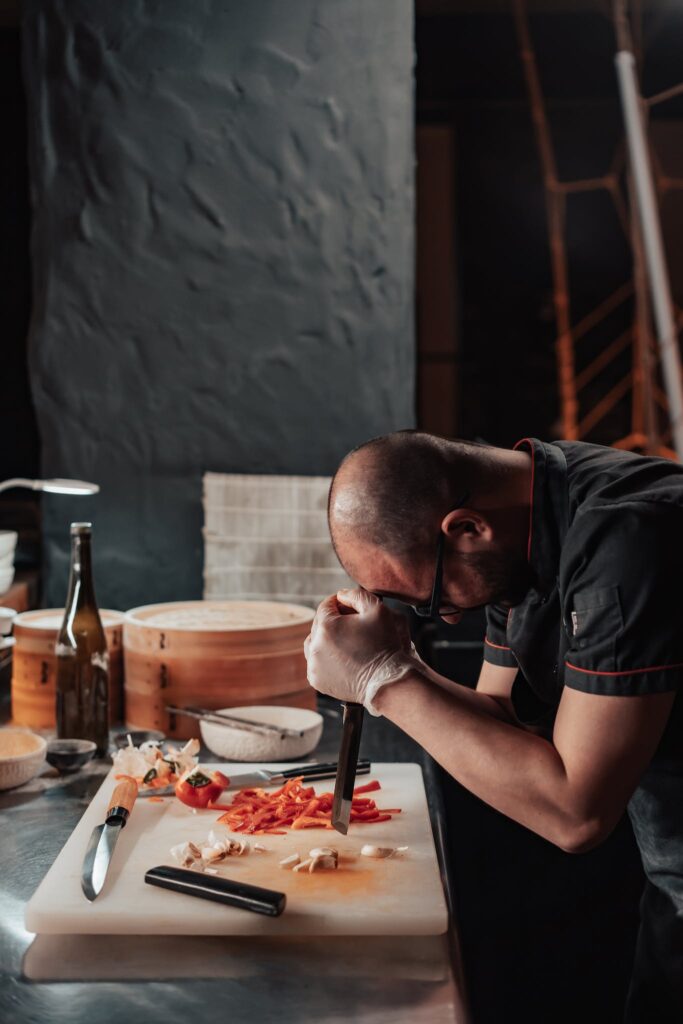
I can never forget the times I had to skip a meal or went the whole day without eating, the times I could have 5 minutes to eat my lunch, standing still or sit on a milk tray, all the times I couldn’t go to the toilet whenever I needed too just because no one could take over my section and cover me while I had 5 minutes away.
These hard truths are real life for many chefs (and front of house) around the world and unfortunately, there are people who really need that job so they can be afraid to speak up for their rights.
Are hospitality people really protected as workers from the laws? How unsustainable can hospitality be for employees?
4. Use of non-seasonal ingredients and far-away goods
While some restaurants, cafes or pubs might like to change their menu every 3 months or so, most of them stick to the same menu all year around or so. By keeping the same menu over the 12 months the business is destroying one of the most natural circles of life we have from the most ancient times.
Being in a certain season, such as winter, summer, spring or autumn we are driven by nature to consume certain ingredients rather than another one. For example during autumn vegetables such as pumpkin, beetroot, broccoli and many other, are naturally grown and gives us the nutrients we need for this specific season. Different to the summer season when we get zucchini, eggplant, lettuce and other fresh foods with the right nutrients.
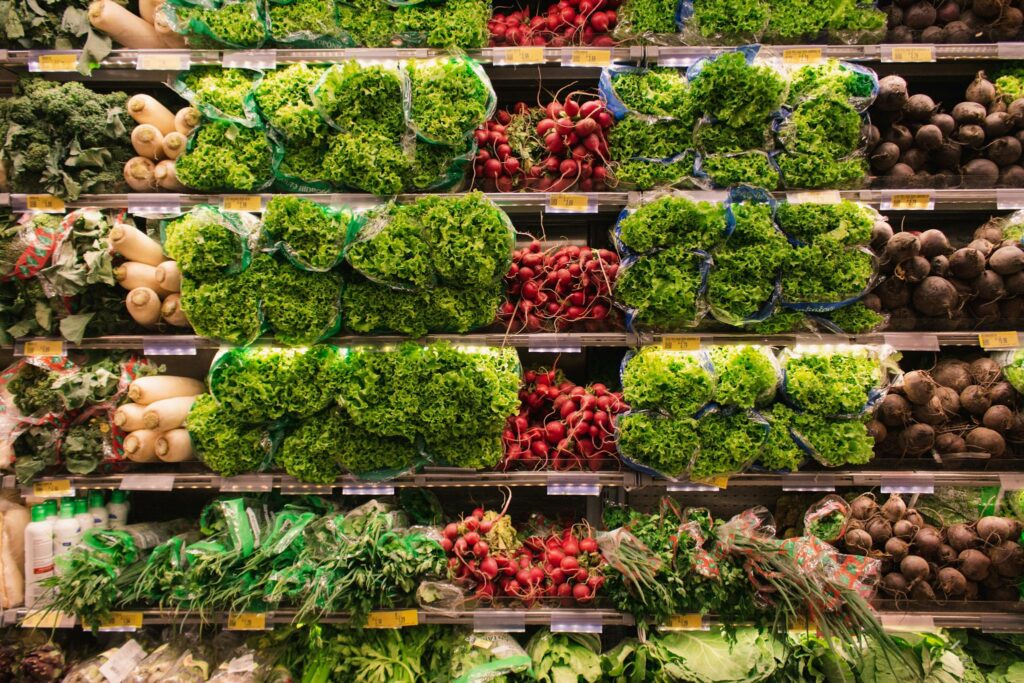
The quality of seasonal fruit and vegetables is better, so too is the effect it has on our bodies and health. Out-of-season produce is often picked early so that it can be shipped and distributed from around the world, creating massive transport pollution, and an overproduction of fresh vegetables and fruit from the other side of the world, only to please those customers that love to eat a cherry pie during winter!
Unseasonal food and nonlocal is one of the main reason why hospitality can be so unsustainable these days. Eating local and seasonal foods reduces the carbon footprint associated with long transportation routes and refrigeration for foods that aren’t available during certain seasons and therefore need importing.
5. Single-use plastic
To be fast and to avoid bigger portions the hospitality business, especially the kitchen, needs to rely on single-use plastic. Portions of fresh pasta, fresh fish for tartar or any other ingredients that need to be weighed to respect the standard of the different dishes are almost a must in most of the kitchens where I worked.
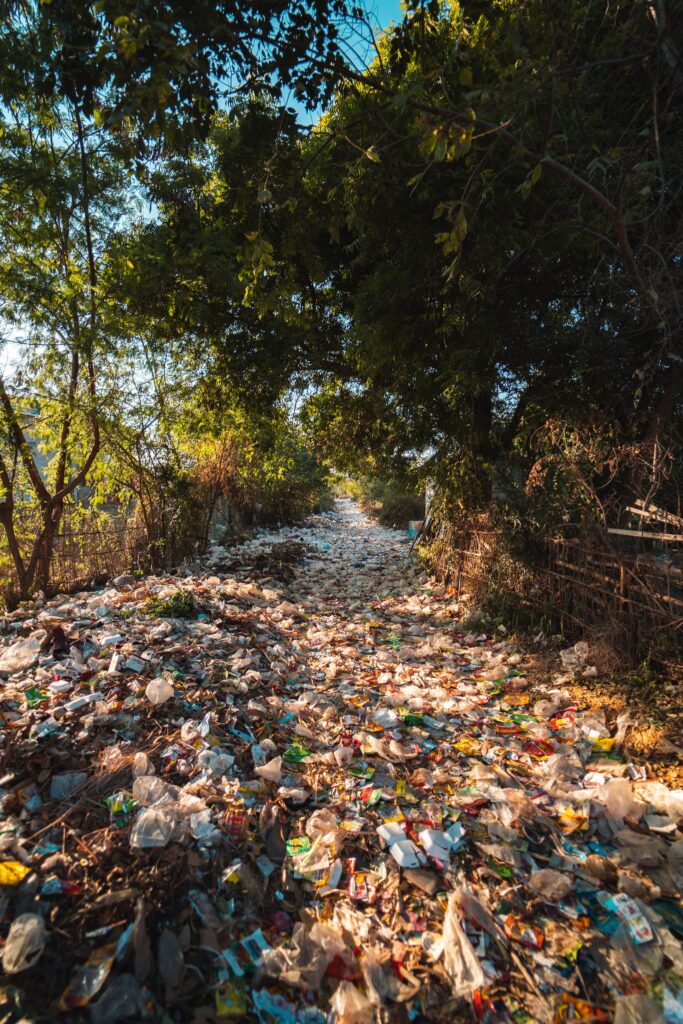
Often or worse, always, the choice of portions for these fresh ingredients are single-use plastic and polystyrene cups, cling film and other similar. The portioning and the plastic sometimes can have a ridiculous lifetime such as a few hours.
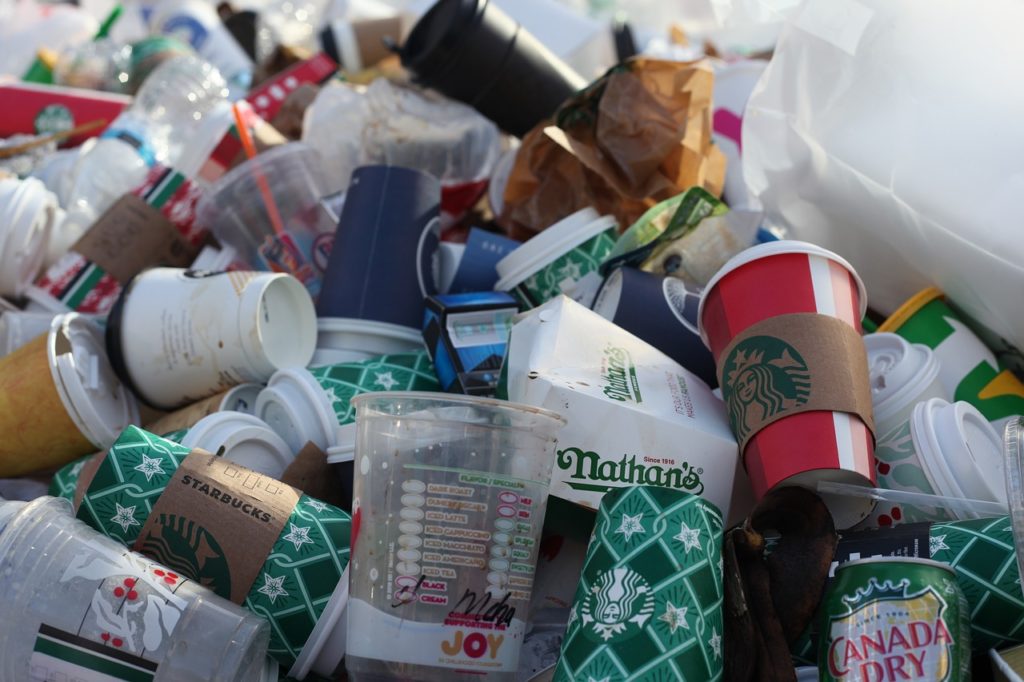
If you want to start avoiding single-use plastic and make big changes for the world we live in, here are my 5 little steps to start a plastic-free journey. By doing a small part you will be able to see a good change in your life and maybe talking to friends and family about the plastic-free journey you can help on a larger scale our planet.
There are many alternatives but unfortunately, not all hospitality businesses are willing to start working on those.
The thing that scared me the most was when I stopped and thought about: “If the place I am working at the moment does this enormous amount of plastic, energy, water and food wastage, what If I think on a larger scale: the restaurant in my city, or worse the restaurant of the country I live in etc.
Only thinking about you will feel overwhelmed but remember you can try to make your difference as a customer too:
- avoid fast-food
- avoid big restaurant chain
- support your local coffee shop, restaurant, local hotel or other simpler accommodation options
- avoid overordering food just for the sake of having the dining table full of food, maybe just order a few dishes and see if you can handle to eat a bit more or not
- read their menu before going to the restaurant to see if they prefer working with seasonal ingredients or not
I hope this article will help you to be more sustainable at home too, and to always have an eye to avoiding this waste in your daily life.

